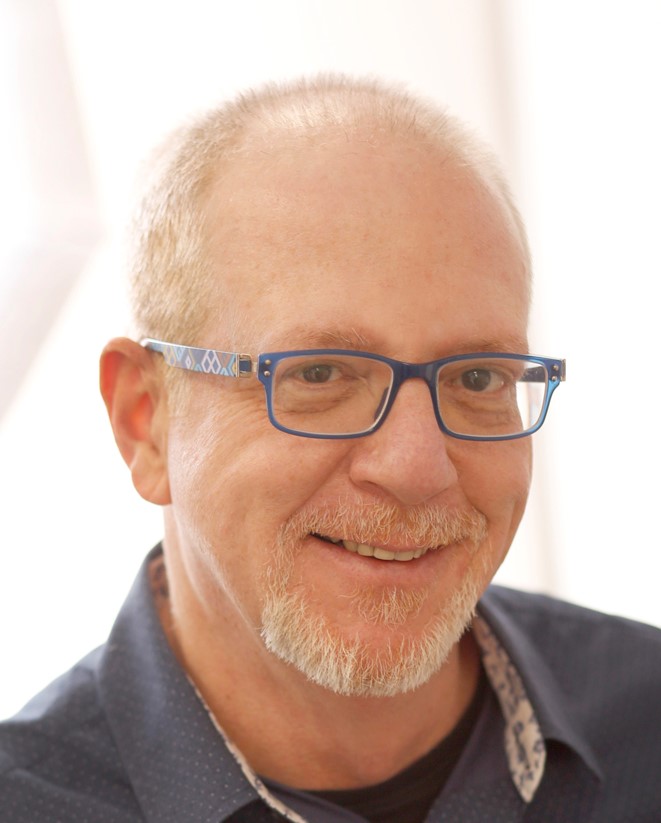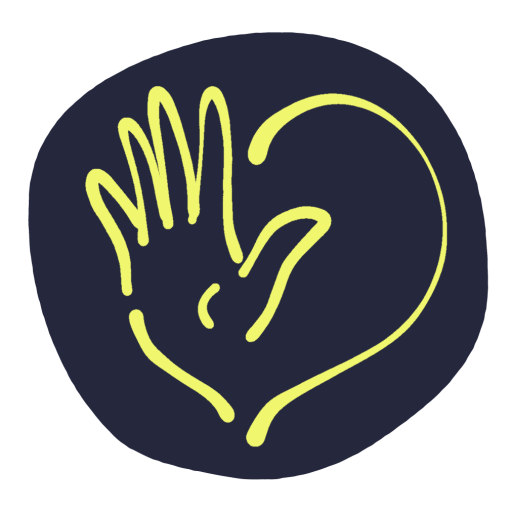Menu

Dan Dulberger
Topic
Gandhi didn’t care: how therapeutic and political Non Violent Resistance differ

Abstract
This workshop explores the idea that therapeutic Nonviolent Resistance has less in common with the legacies of Martin Luther King and Gandhi than is usually assumed. A new ethical foundation for therapeutic NVR is proposed, as distinct from that of political NVR, even if somewhat related.
Haim Omer often described NVR’s founding moment as the discovery that nonviolence and the upholding of parental presence are essentially two sides of the same coin. If NVR has a theoretical core, it is that. What remains to be questioned is whether political and therapeutic nonviolence can be said to derive from the same principle.
Most presentations of NVR assume the answer to this question to be yes, introducing NVR as the application of the principles of political nonviolent struggle to parenting and other care-giving domains. Those presentations are based on Haim Omer’s suggestion, in the beginning of his seminal book Non-Violent Resistance (Omer 2004), that oppressed caregivers are analogous to disenfranchised social groups. The assumption that Gahndian NVR is applicable to therapeutic Nonviolence was little revisited since. Ghandi and (to a lesser extent) Martin Luther King became NVR’s unquestioned “patron saints”.
In our workshop we will explore questions such as: what could be the structural dissimilarities between social oppression and parent-oppression? What differences could exist between nonviolence as an instrument of social change compared to an instrument of family healing? Is the Ghandian ethic an ethic of care (May, 2023)? Can and should therapeutic NVR finally establish its own identity, liberating itself from the compelling and ethically challenging legacy of non-violent political mass-movements?
Our proposed differentiation between relational and sociopolitical NVR is by no means a dichotomy. We propose to view nonviolent practices along a continuum ranging between ‘grand’ nonviolent sociopolitical struggles that maintain dignity and equity, on one extreme, and nonviolent parental struggles, based on a politic and ethic of care, which strives to restore a benevolent hierarchy.
Our workshop will offer a 45 minute presentation of these ideas, followed by an invitation to open discussion.
References
Omer, H. (2004). Nonviolent resistance. A new approach to violent and self-destructive children. New York: Cambridge University Press.
May, T. (2023). Care: Reflections on Who We Are. Agenda Publishing. https://doi.org/10.2307/jj.1357301
Biography
Dan is founder and director of the Center for NVR Therapy and Practice in Calgary, Canada. He is a systemic therapist, a counselling therapist and a counsellor in NVR interventions. Dan is internationally acknowledged as an instructor and innovator in the Non-Violent Resistance Therapy-approach, as well as in NVR interventions with families of non-emerging adult children with entrenched dependence. His professional activities include clinical work with families in crises, consulting to mental health organizations, training, supervision, authoring, teaching and speaking, in Canada, in Europe and in Israel.
Dan teaches and supervises at the University of Calgary’s Post-Masters Certificate and Diploma in Couple and Family Therapy and is formerly a staff member of the Calgary Family Therapy Center. Dan holds an M.A. degree in Psychology from the Tel-Aviv University, is a graduate of SHINUI (the Israeli Institute for Systemic Studies, Family and Personal Change), and was personally trained by Haim Omer in the NVR approach.
Contact
E-mail: dand@nvrt.ca
